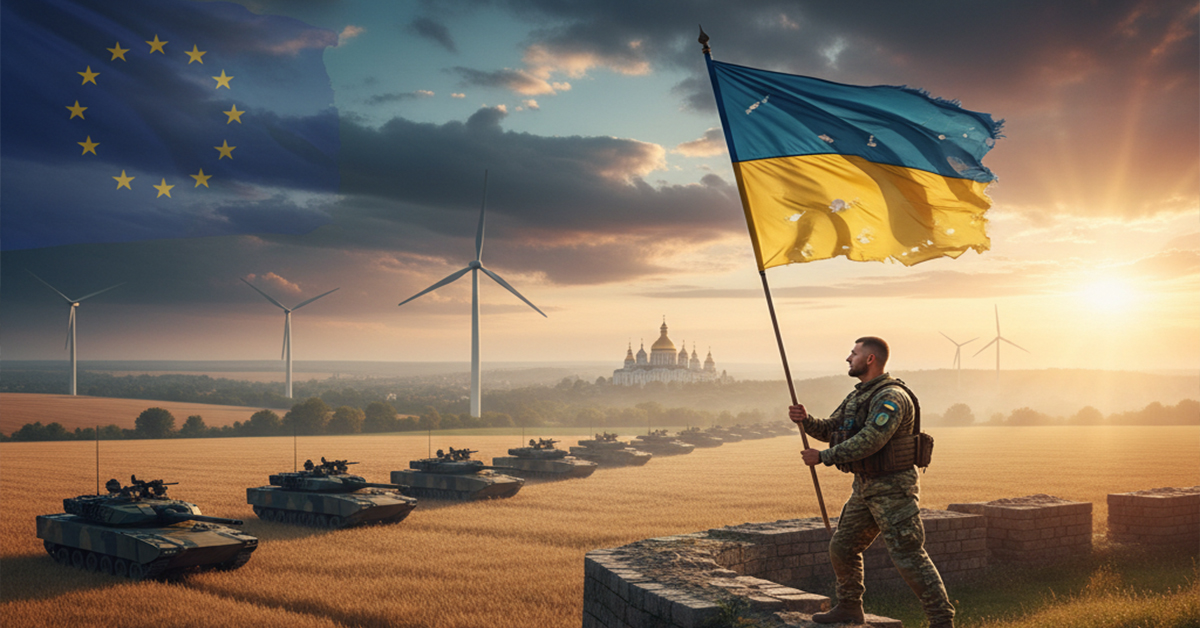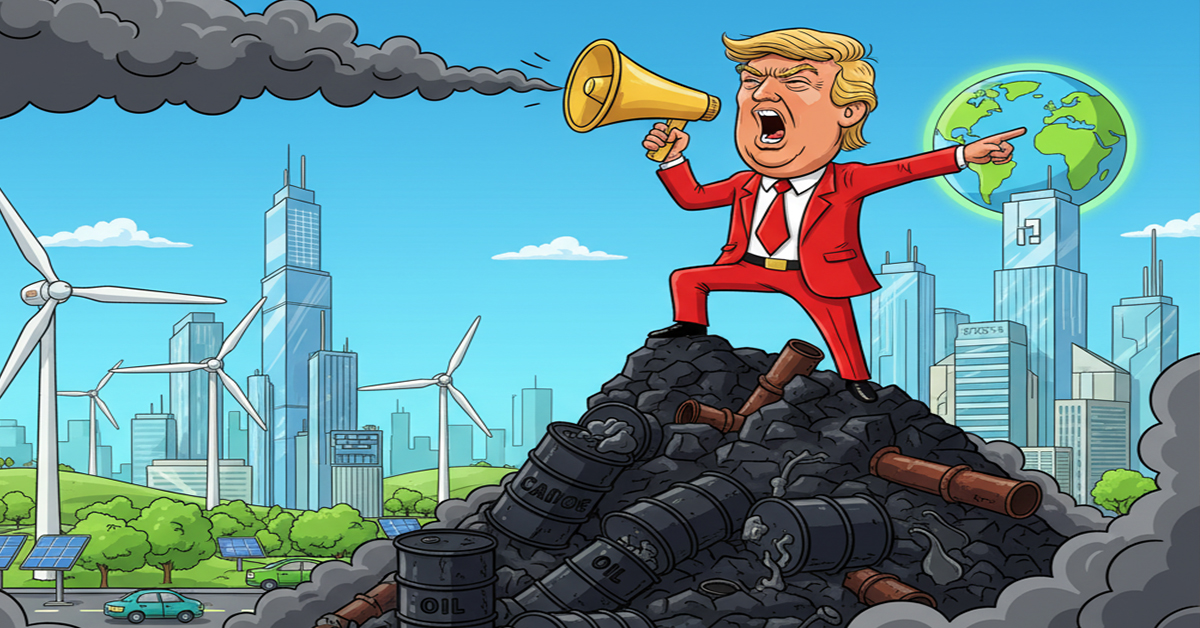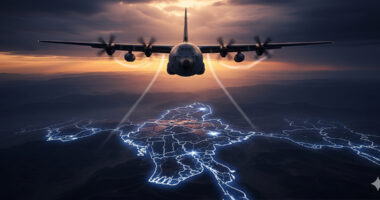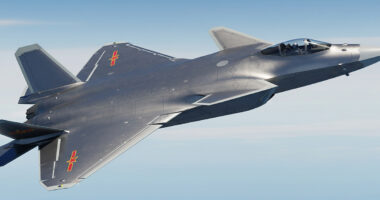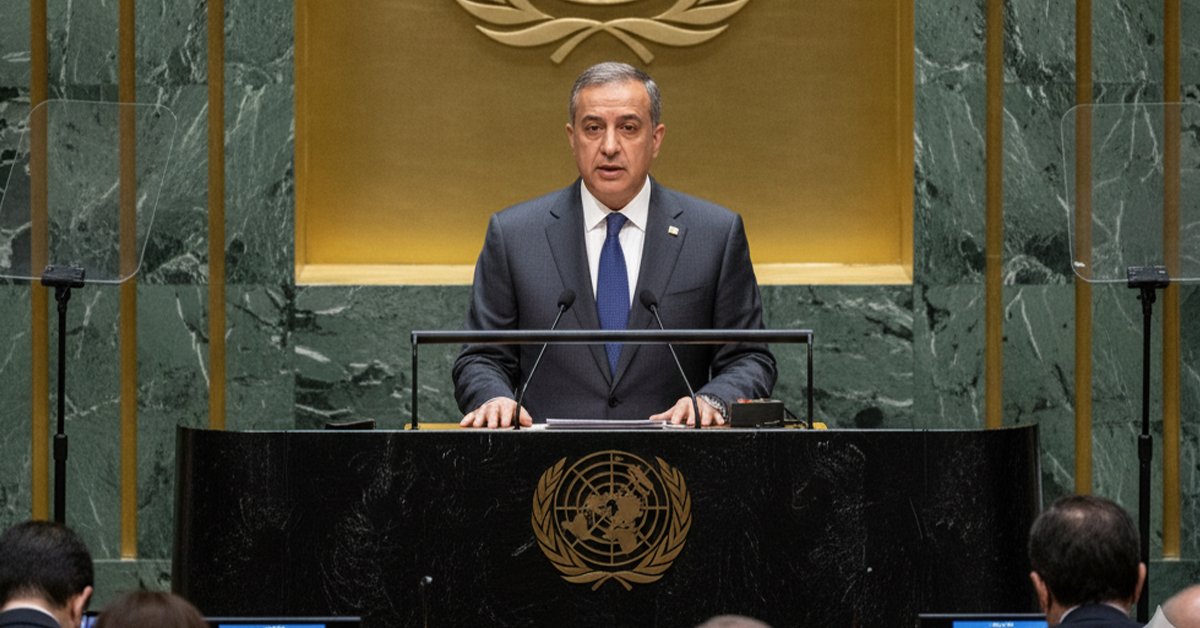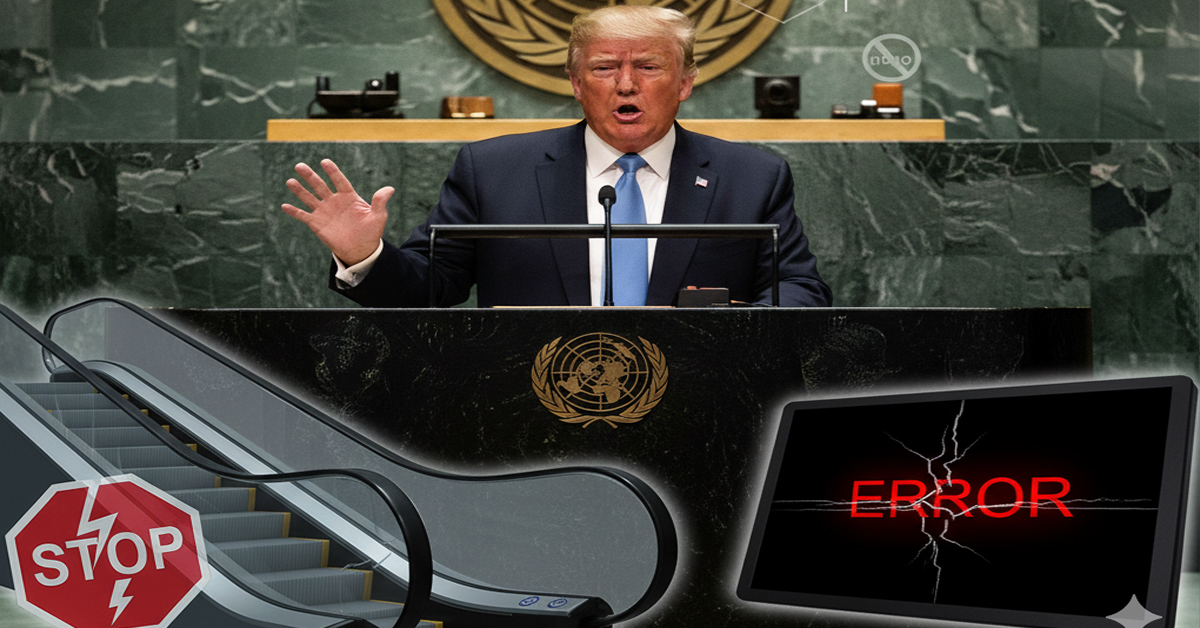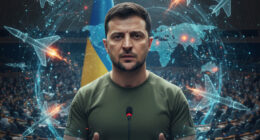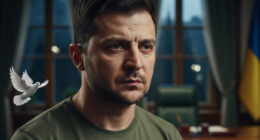In a significant statement on September 22, 2025, President Donald Trump articulated a powerful vision for Ukraine, asserting his belief that the nation, bolstered by the backing of the European Union and NATO, is poised to reclaim all its Russian-occupied territories. This declaration, shared on his Truth social media platform, injects a renewed sense of possibility into the ongoing conflict and offers a distinct perspective on its potential resolution.
Trump’s confidence stems from what he described as a comprehensive understanding of the current military and economic landscapes in both Ukraine and Russia. He highlighted Russia’s escalating economic woes as a critical factor, suggesting that these internal pressures, combined with robust European support, empower Ukraine to not only fight effectively but to emerge victorious, restoring its pre-conflict territorial integrity. “Ukraine is in a position to fight, win, and reclaim all its original territories,” Trump stated, painting a clear picture of an emboldened Ukraine.
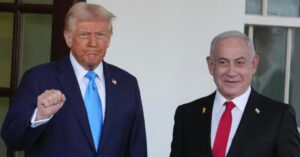
He emphasized the crucial role of time, patience, and, most importantly, substantial financial assistance from Europe and military aid from NATO. According to Trump, these elements collectively transform the seemingly insurmountable task of retaking occupied lands into a “very certain option.” This underscores a belief that sustained international commitment, particularly from NATO, could be the decisive factor in turning the tide.
In a sharp critique of Russia’s military strategy, Trump did not mince words. He characterized Russia’s campaign as a “confused and aimless war that a real military superpower could win in a week.” This pointed assessment, while not intended to demean Russia, served to portray them as a “paper tiger” in the face of what he perceives as a more determined and well-supported Ukrainian resistance. Such commentary from a former U.S. President carries considerable weight and could be interpreted as a psychological blow to Moscow.
Trump further iterated that Putin and Russia are grappling with “major economic problems,” reinforcing his assertion that the current moment represents a strategic window of opportunity for Ukraine to press its advantage. He also pledged continued U.S. support in supplying weapons to NATO, ensuring the alliance has the necessary resources to pursue its objectives.
Coinciding with Trump’s remarks, on September 23, U.S. Secretary of State Marco Rubio, speaking at a UN Security Council meeting on Ukraine, conveyed a similar message of impending consequences. Rubio warned that President Trump’s patience regarding the conflict’s end is “not limitless” and that a time would inevitably arrive when Trump would impose “costs” for “continued provocations.” This sentiment was warmly received by Ukrainian President Volodymyr Zelenskyy, who lauded Rubio’s comments at the UN as a “significant change.”
It is worth noting that Trump had previously suggested, after a meeting with the Ukrainian leader at the UN, that both Kyiv and Moscow might need to cede territory to bring an end to the war. His latest statements, however, appear to lean more decisively towards a full Ukrainian restoration, potentially marking an evolution in his stance on the conflict’s resolution. This evolving rhetoric from a key global figure could signal a shift in international expectations and strategies regarding the future of Ukraine.
Reference – https://www.bbc.com/news/articles/c07vm35rryeo
